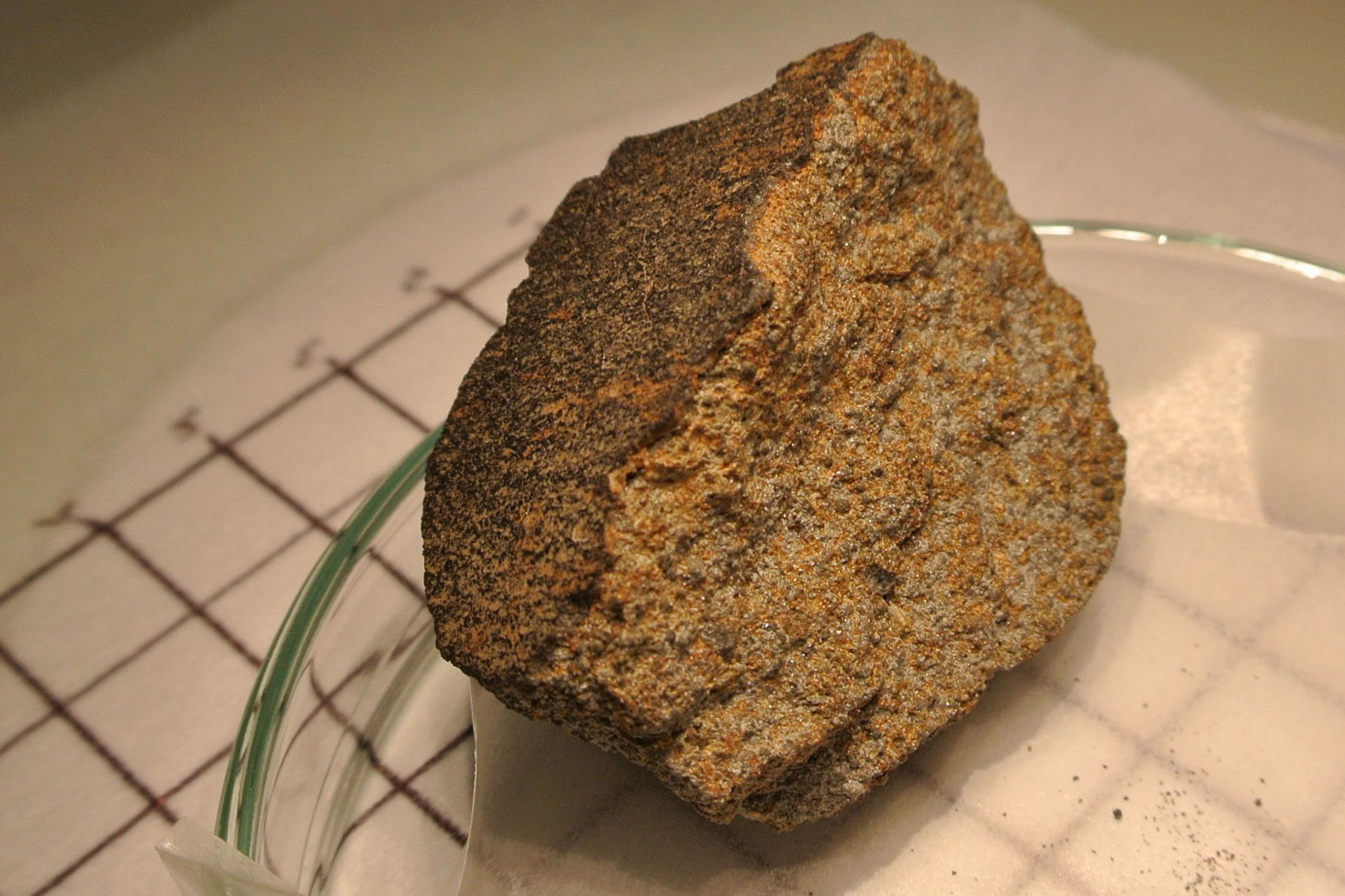Planetary Geochemistry
The Planetary Geochemistry group studies the origin and evolution of our solar system and our planet Earth.
Their research focuses on processes, which occurred before, during and after the formation of the Earth. It includes the Earth's earliest evolutional stages, such as the formation of the core, the creation of the Moon and the development of the first continents.
These topics are mainly pursued using isotope geochemistry, which allows the researchers to investigate a large number of geological processes by comparing the abundance of isotopes in various samples. Isotopes are atoms of an element with varying numbers of neutrons in the atomic nucleus and this leads to different masses. The isotope abundances can be determined with mass spectrometers. Some isotopes are radioactive and decay over time into isotopes of a different element. This radioactive decay can be used as a clock to determine the age of a rock or to date geological processes such as the formation of the Earth’s core. In addition to radioactive decay, various other chemical and physical processes also induce subtle changes in the abundance of stable isotopes of an element, and these aid to deepen our understanding of the origin and evolution of the Earth.
Prerequisites for successful research in isotope geochemistry are highly sensitive state-of-the-art mass spectrometers and ultramodern clean-room laboratories. The isotope geochemistry laboratory at ETH Zurich is one of the best-equipped labs of its type worldwide and is used for the analysis of stable and radioactive isotopes and noble gases. It is operated in cooperation with the Earth Surface Geochemistry group. Novel methods of isotope analysis and new types of equipment are also developed here.
By analysing the composition of meteorites, as well as terrestrial and lunar samples, the group led by Maria Schönbächler researches the formation of the Earth and the solar system from the so-called solar nebula. This is a disk consisting of dust and gas, which rotated around the newly formed Sun and from which the planets and asteroids were built.
Primary research focus of the group:
- To determine the origin of the initial material, which makes up the planets including the Earth. The group applies high-precision isotope measurements of elements such as zirconium and titanium and demonstrated that meteorites, which originate from asteroids, are not direct remnants of the Earth’s building blocks.
- To refine the chronology of events in the first million years of our solar system using radioactive isotopes.
- To better understand the physical and chemical conditions under which the Earth and other celestial bodies were formed. This includes, for example, how the Earth’s core and the metallic cores of asteroids formed and evolved. By analysing iron meteorites, which sample metallic cores of asteroids, the research group was able to show that these cores had solidified within the first few million years of our solar system.
- To determine the origin of volatile elements in the Earth and their history in the early solar system based on noble gases and short-lived radioactive isotopes. This research revealed that the Earth was very dry in the beginning, and that volatile elements arrived on Earth slightly later, while the formation of the Earth’s core was still underway.
- To track the formation of the Earth’s Moon and the first continents early in the Earth’s history
- To develop the cutting-edge methods in isotope geochemistry needed to resolve important questions in the earth sciences.
Contact
Deputy head of Institute of Geochemistry and Petrology
Inst. für Geochemie und Petrologie
Clausiusstrasse 25
8092
Zürich
Switzerland

